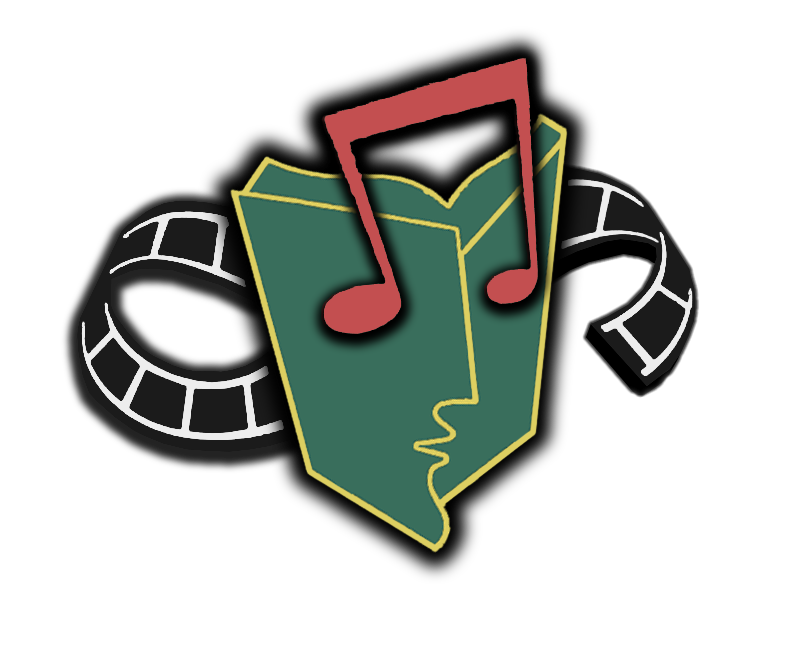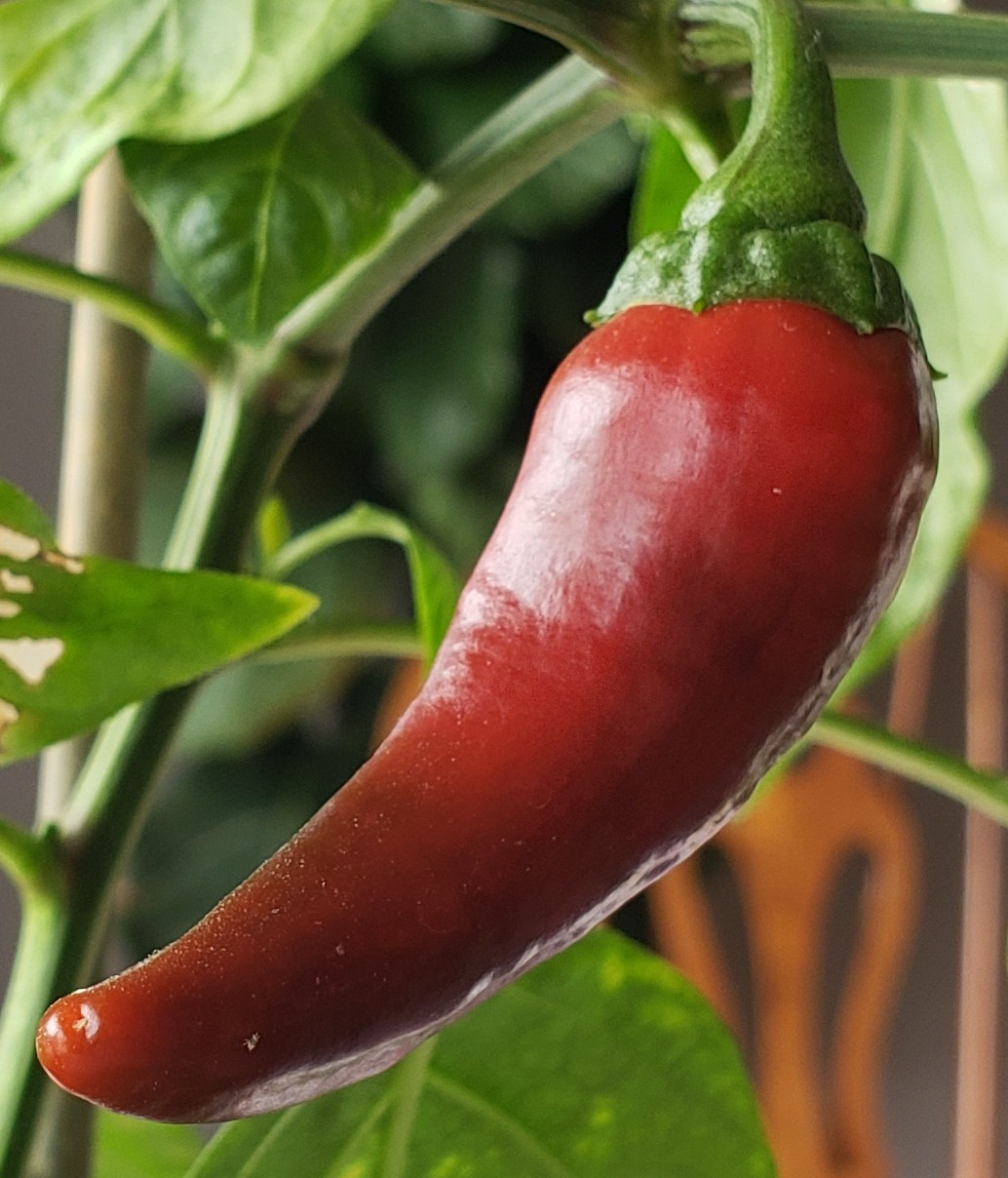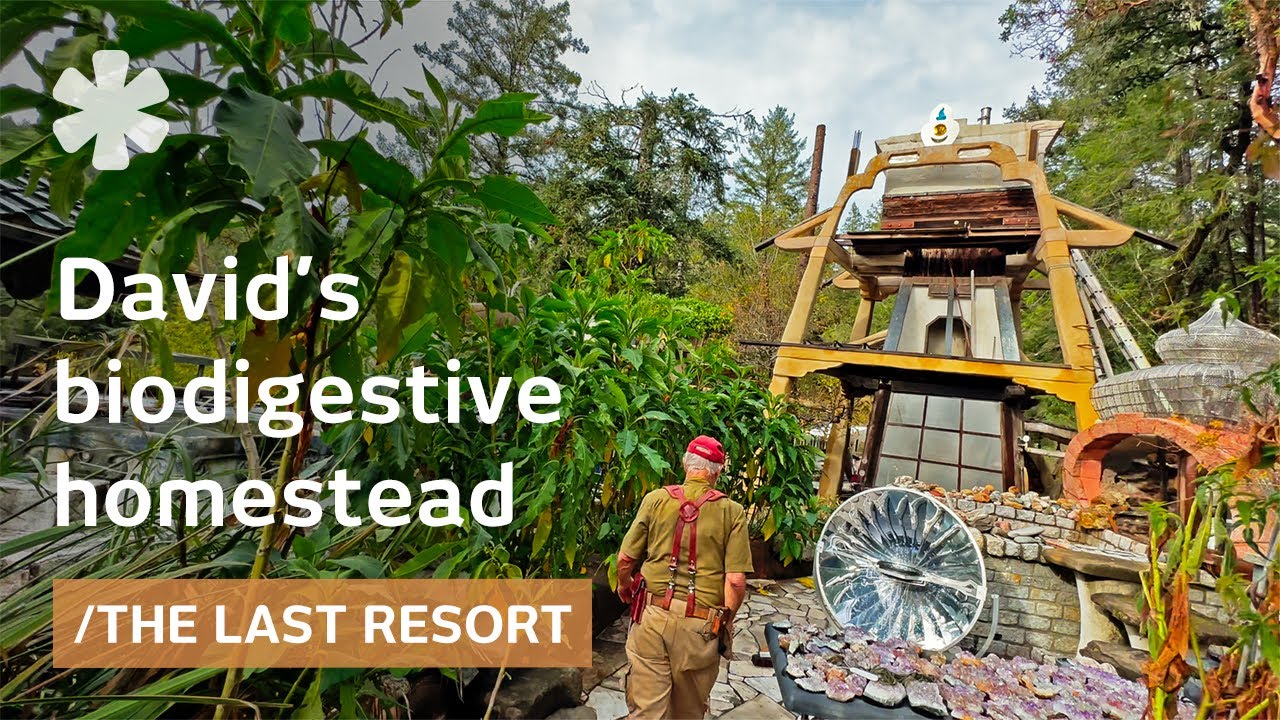David Lee Hoffman has spent 50 years building a composting compound where waste – whether grey water from the kitchen or sanitation – is cleaned by worms, plants, and filters, then reused in the personal garden.
Water flows through ponds, moats, and even a boat (which hides a 30-foot column that taps into groundwater), and everything is powered by solar, using a series of 12-volt pumps.
Most of Hoffman’s system isn’t legal, according to his local county (Marin, California), and Hoffman has spent decades fighting the local government.
On the day we arrived at his worm-topia, he’d been told he had just one more day to evacuate the 2-acre sanctuary he calls “The Last Resort.” One of his supporters (he has many helping him raise money for his legal battle) opened the door for us and turned out to be Oscar-nominated director Martin Brest (Scent of a Woman, Meet Joe Black, Midnight Run) who recently penned a letter to the county calling The Last Resort “an environmental laboratory that has perfected systems that—among other invaluable achievements—have turned it into one that uses only 10-20% of the water of comparable properties, even while maintaining an extensive organic vegetable garden.”
For Hoffman, “water is life,” not just because he wants clean water to grow his own food but also to create the teas (the Phoenix collection of rare, artisanal teas) that help support his lifestyle (he opens up his property every Saturday for tea tasting). He doesn’t believe in waste “until it’s wasted” and lives by the principles: “Water is precious, soil is sacred, shit is a resource.”
His bedroom is a shack the size of a bed built from wood salvaged from a pencil factory. He has plans to place it directly on top of a tea fermentation room to capture the waste heat via piping to warm up his bedroom.


